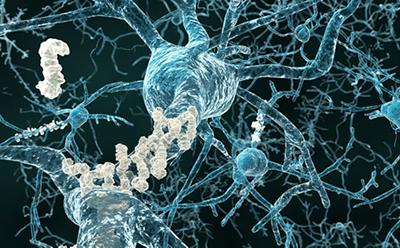Southampton scientists awarded £500k for dementia study

Southampton researchers will gain new insight into a common form of dementia thanks to a new grant from Alzheimer’s Research UK.
Professor Delphine Boche and her team have been awarded nearly £500k to explore specific proteins found in the brain that are linked to Frontotemporal Dementia (FTD), the second most common form of dementia under the age of 65.
Studies have suggested that an accumulation of Tau proteins in the brain of FTD patients could trigger an inflammatory response, that prevents the body’s immune system from reacting to the disease which in turn, helps the disease progress. However, the nature of such intricate brain-immune interactions in FTD remain poorly defined.
Using generously donated brain tissue, the research team will compare brain samples from healthy people with samples from people with FTD to assess the immune response to the Tau proteins.
“This study has the potential to unravel innovative and informative aspects of the pathophysiology of this particular dementia,” said Professor Boche.
“Dementia can only be beaten through research, and I hope this project will take us one step closer to reaching that goal."
Dr Sara Imarisio, Head of Research at Alzheimer’s Research UK, the UK’s leading dementia research charity, said: “We are delighted to be supporting this pioneering research into frontotemporal dementia in Southampton. There are around 850,000 people in the UK living with dementia, with nearly 20,000 in Hampshire alone. Dementia is one of our greatest medical challenges and projects such as this, which aim to understand the diseases that cause the condition, offer real hope in the search for life-changing treatments.
“These funds could not have been given to these pioneering studies without the generous support of the public and we are grateful to everyone who has donated towards this essential research.”
